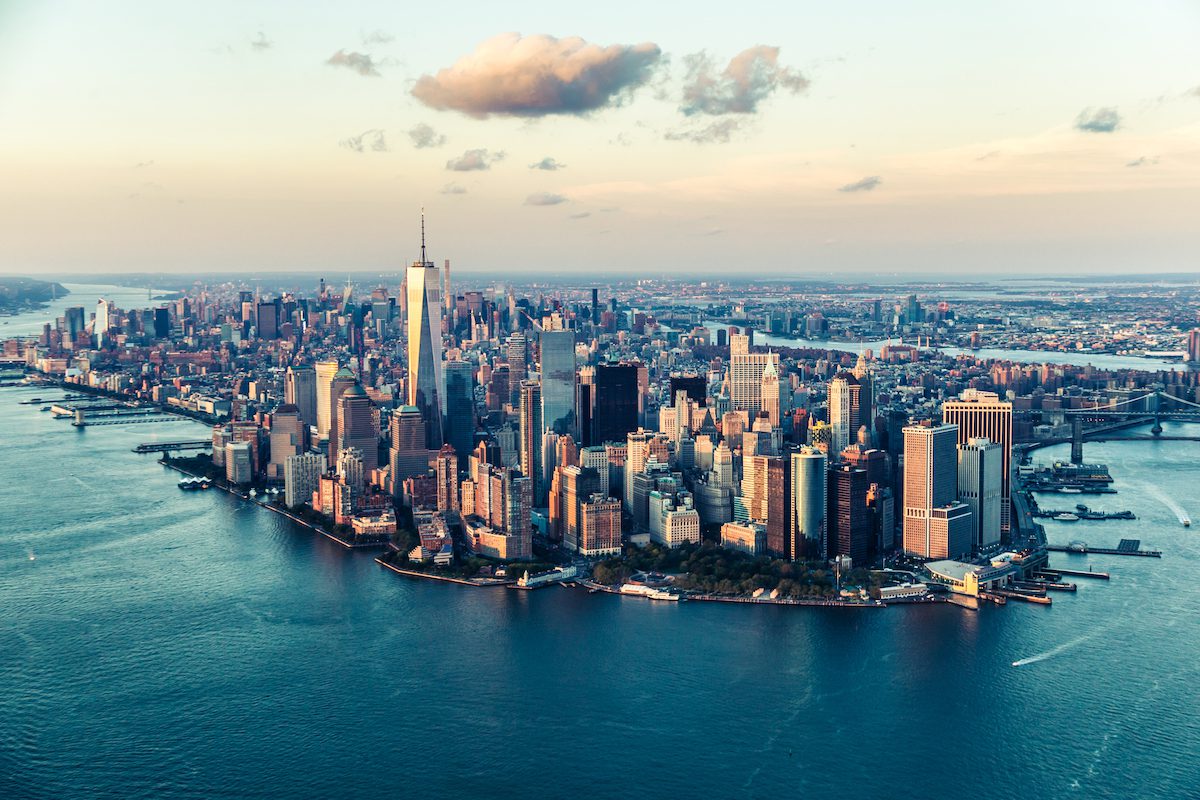Airbnb's NYC Listings Could Be Down 70% after September 5

Skift Take
Thousands of Airbnb listings could be at risk after September 5 when New York City has said it will begin to enforce its host registration law regarding short-term rentals.
Estimates are a moving target.
Even if listings are still on the platform, Airbnb says it will turn off calendars for stays with ineligible hosts starting September 5.
There are several rules that determine eligibility, including: Registered hosts can only book stays for fewer than 30 days and they must be present during the guest’s stay. In addition, hosts must register with NYC’s Office of Special Enforcement – just 257 applications have been approved so far, Skift reported this week.
And how the city will enforce the law is unclear. Skift obtained an email from the city's Public Advocate office to a host that stated: "OSE will not be proactively issuing fines unless there is an egregious violation; such as hosting a large number of people without being registered. There are a large number of applications pending; however, people who have been making significant efforts to register may be given leniency by the agency."
Still, Airbnb has said it generated $85 million in revenue from New York City in 2022, and the number of listings at risk is sizable, according to data provided to Skift by AirDNA.
- There were 47,000 total listings as of July, of which only about 23,000 were active.
- Of the 23,000, 9,500 were private rooms or shared spaces where hosts are eligible to apply for registrations from OSE. Only some of those will ultimately be approved.
- Around 13,500 were for entire homes or apartments. Of these, around 6,000 would seem exempt because they are either hotels or accept stays of 30 days or longer.
- That leaves 7,500 listings mostly at risk of no longer being able to lawfully host unless they change operations. Another 3,500 whole homes and apartments — not shared spaces — are either new or not rented robustly as they don't have many reviews.
Let’s say OSE has approved 1,000 registrations by next Tuesday, which would be a stretch. That would still leave 8,500 private rooms unregistered. And there are 7,500 whole homes that are subject to the new regulations. That’s 16,000 – or 70% of the 23,000 active listings – that Airbnb can’t take bookings for.
AirDNA's chief economist, Jamie Lane, said he's focusing on what will happen with the 4,100 very active whole home listings, which presumably must abide by the more stringent regulations, and are responsible for around 40% of Airbnb's revenue in the city.
Much of this may change. The city may ramp up its speed of registration approvals and rejections. And some of those non-exempt whole homes could convert to start taking minimum stays of 30 days or longer, which falls outside the short-term rental rules, or convert some of the homes into acceptable shared spaces.
Other cities that have implemented short-term rental regulations have seen their host numbers bounce back after sharp drops in the beginning. It's possible that New York City will do that, as well.
Skift reported this week that the city had only approved 257 host applications, denied 72, and returned 479, requesting clarifications. The Office of Special Enforcement had only reviewed around 25% of the 3,250 applications received, with more than half of these arriving after August 8 when an Airbnb lawsuit challenging the registration enforcement was dismissed.
Airbnb declined to comment on its number of listings in New York City. In a court filing, though, Airbnb stated: "As of May 29, 2023, guests have booked more than 56,500 rentals in New York City through Airbnb that are scheduled to begin after July 1, 2023."
Airbnb was already down in active listings compared with July 2019, 23,000 in 2023 versus 36,000 in 2019.





